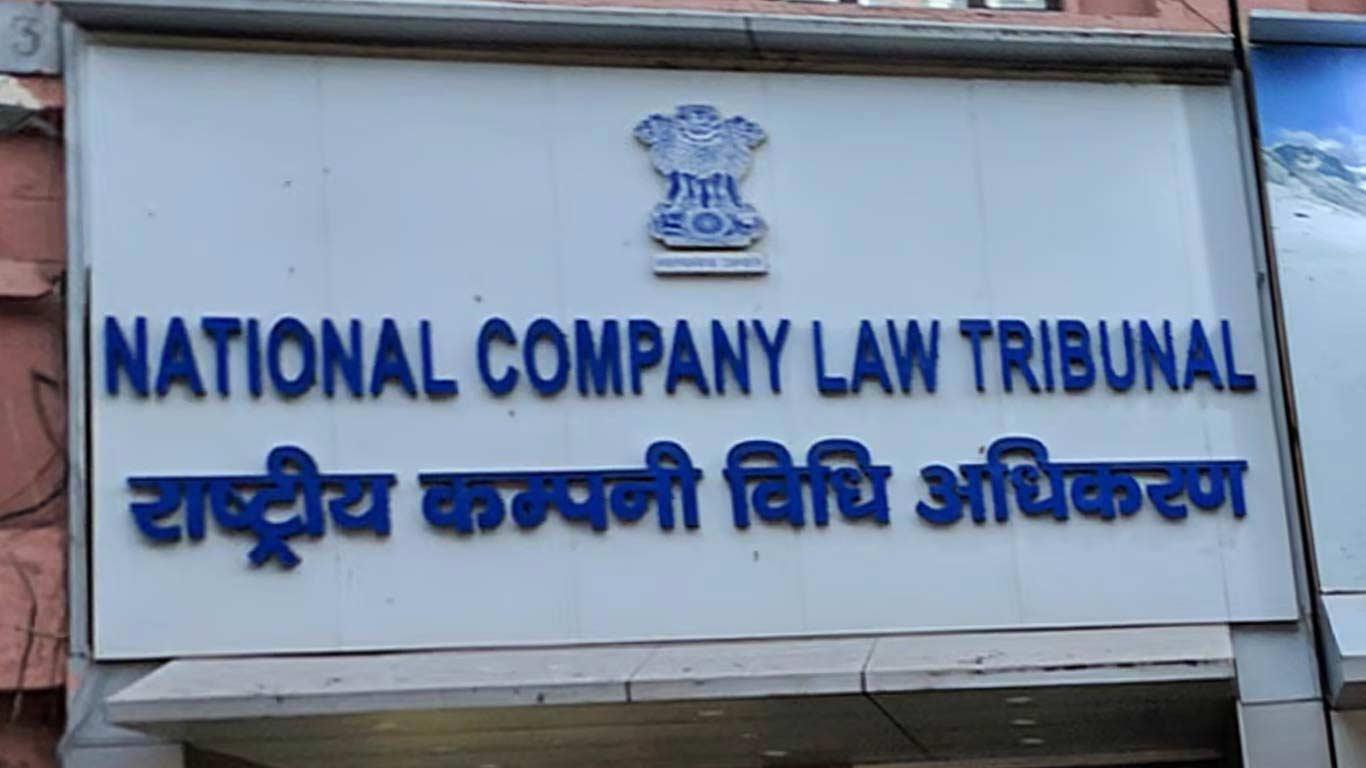
NCLT Rules IBC Supersedes MSMED Act In Insolvency Cases
The Tribunal dismissed the Corporate Debtor's challenge to the July 15, 2024 order, ruling that the Insolvency and Bankruptcy Code (IBC) supersedes the provisions of the Micro, Small, and Medium Enterprises Development Act (MSMED Act) in cases of financial default, even for MSMEs.
NCLT noted that the provisions of the IBC, a later legislation, take precedence over the earlier MSMED Act. It found no merit in the Corporate Debtor's argument that it should first undergo the MSME revival mechanism, as outlined in a 2015 government notification.
The Tribunal emphasised that financial creditors, like the Technology Development Board, can independently trigger CIRP without needing to follow the MSME framework, particularly where a default has occurred.
The Tribunal also clarified that the jurisdiction of civil courts is ousted in insolvency matters under the IBC, and any procedural issues related to MSME recovery guidelines do not prevent the initiation of the CIRP under Section 7 of the IBC.
The dispute arose after the Technology Development Board ("Financial Creditor") filed a petition under Section 7 of the Insolvency and Bankruptcy Code (IBC) to initiate CIRP against Perfect Infraengineers Limited, a company allegedly in default of its financial obligations. On July 15, 2024, NCLT Mumbai ordered the commencement of the CIRP.
The Corporate Debtor, represented by Manisha Nimesh Mehta, contested the order, asserting that as an MSME, it should be entitled to the special revival and rehabilitation framework under the MSMED Act.
Mehta contended that the 2015 government notification mandates that MSME debts should first go through the prescribed stress resolution process before recovery actions like CIRP can be initiated.
Further, the Corporate Debtor argued that the jurisdiction of civil courts should not be ousted, as no special tribunal had been established to adjudicate disputes involving MSMEs.
However, the NCLT found that the MSMED Act, while offering protections for MSMEs, does not override the provisions of the IBC.
The Tribunal referenced the Supreme Court's ruling in Pro Knits v. The Board of Directors of Canara Bank (2024), which clarified that MSME protections do not prevent the initiation of proceedings under the IBC once a default occurs.
The Financial Creditor countered that the IBC is a resolution mechanism, not a recovery procedure, and that the MSMED framework was not applicable to the Technology Development Board, a government body. The Tribunal agreed, citing Section 238 of the IBC, which states that the Code supersedes any conflicting laws.
Ultimately, the Tribunal upheld its earlier decision, allowing the CIRP to proceed, reinforcing that financial creditors can trigger the IBC process even without exhausting alternative MSME-specific mechanisms.
(KNN Bureau)
Legal Disclaimer:
MENAFN provides the
information “as is” without warranty of any kind. We do not accept
any responsibility or liability for the accuracy, content, images,
videos, licenses, completeness, legality, or reliability of the information
contained in this article. If you have any complaints or copyright
issues related to this article, kindly contact the provider above.


















Comments
No comment